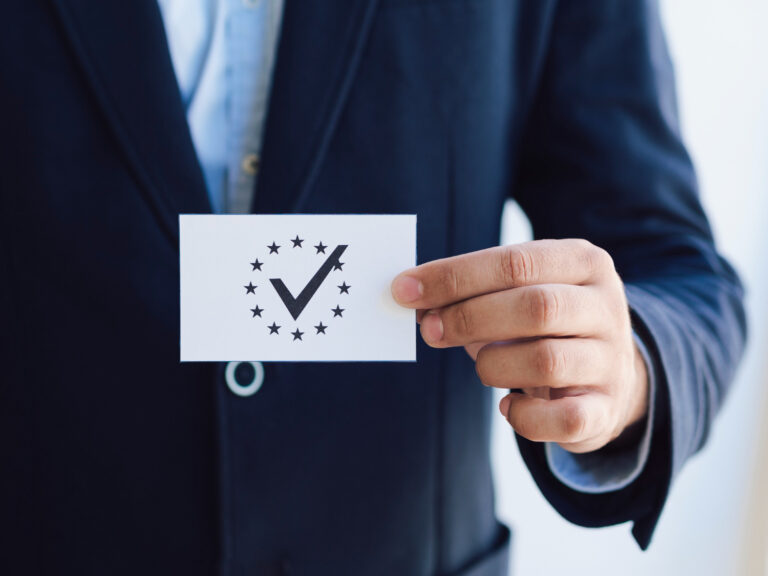Addressing Privacy Concerns in Employee Background Verification
Table of Contents
ToggleThe Importance of Transparency
Transparency is key to respecting candidates’ privacy. Employers should clearly communicate the scope, nature, and purpose of the background checks to candidates. This includes detailing what kind of information will be gathered, how it will be used, and who will have access to it. By doing so, candidates are given the opportunity to consent to the process, understanding exactly what they’re agreeing to.
Consent is Crucial
Data Minimization Principle
Employers should adhere to the principle of data minimization, collecting only the information that is directly relevant to the job in question. This approach not only respects the candidate’s privacy but also helps employers stay focused on the data that truly matters for the hiring decision.
To understand more about gathering relevant data, read about how automated reference checking improves the quality of your hires.
Secure Handling and Storage of Information
Ensuring the secure handling and storage of personal information is paramount. Employers must implement robust data protection measures to prevent unauthorized access, disclosure, or theft of candidate information. This includes using encrypted databases, limiting access to sensitive data, and establishing clear data retention policies.
For strategies on efficient and secure processing, consider the benefits of automated reference checking.
Right to Access and Correct Information
The Role of Third-party Vendors
Many organizations rely on third-party vendors for conducting background checks. It’s crucial to ensure these vendors comply with all relevant privacy laws and regulations. Establishing clear agreements that outline the expectations and responsibilities regarding data privacy can help in managing these relationships effectively.
For an overview of considerations when choosing service providers, see what to look for in your reference checking service provider.
Regular Review and Compliance Checks
The Importance of Consent
Consent is the cornerstone of any privacy-respecting background check process. Before initiating any background verification, it is imperative that the candidate provides explicit, informed consent. This consent should not only be verbal but documented, outlining the specific types of checks to be conducted.
For insights into how consent plays a crucial role in the recruitment process, read our blog post on The Ethics of Reference Checking: What Employers Need to Know.

By fostering a culture of transparency, obtaining informed consent, minimizing data collection, securing personal information, and ensuring compliance with legal standards, employers can build trust with potential hires while safeguarding their privacy.
Data Protection and Privacy Laws
Navigating through the maze of data protection and privacy laws, such as GDPR in Europe, CCPA in California, and various other local and international regulations, is essential for any organization conducting background checks. These laws dictate how personal information must be handled, stored, and disposed of, ensuring candidates’ privacy is not infringed upon.
Our post on How to Use Reference Checks to Reduce Hiring Risks provides further detail on aligning your hiring practices with legal requirements.
Implementing Best Practices for Privacy Protection
Best practices in privacy protection include minimizing data collection to what is absolutely necessary, securing the data collected, and ensuring transparency throughout the process. Employers should also establish clear policies on data retention and disposal, ensuring personal information is not held longer than necessary.
For strategies to make your recruitment process more efficient while respecting privacy, explore our article on Ways to Make the Recruitment Process More Efficient.
Technology's Role in Secure Background Verification
Modern technology offers tools that can enhance the security and efficiency of background checks. Automated reference checking software, for example, can streamline the process, reduce human error, and maintain a high level of data protection.
Discover the benefits of automation in reference checking by reading our blog post on The Benefits of Choosing Automated Reference Checks Over Traditional Methods.

